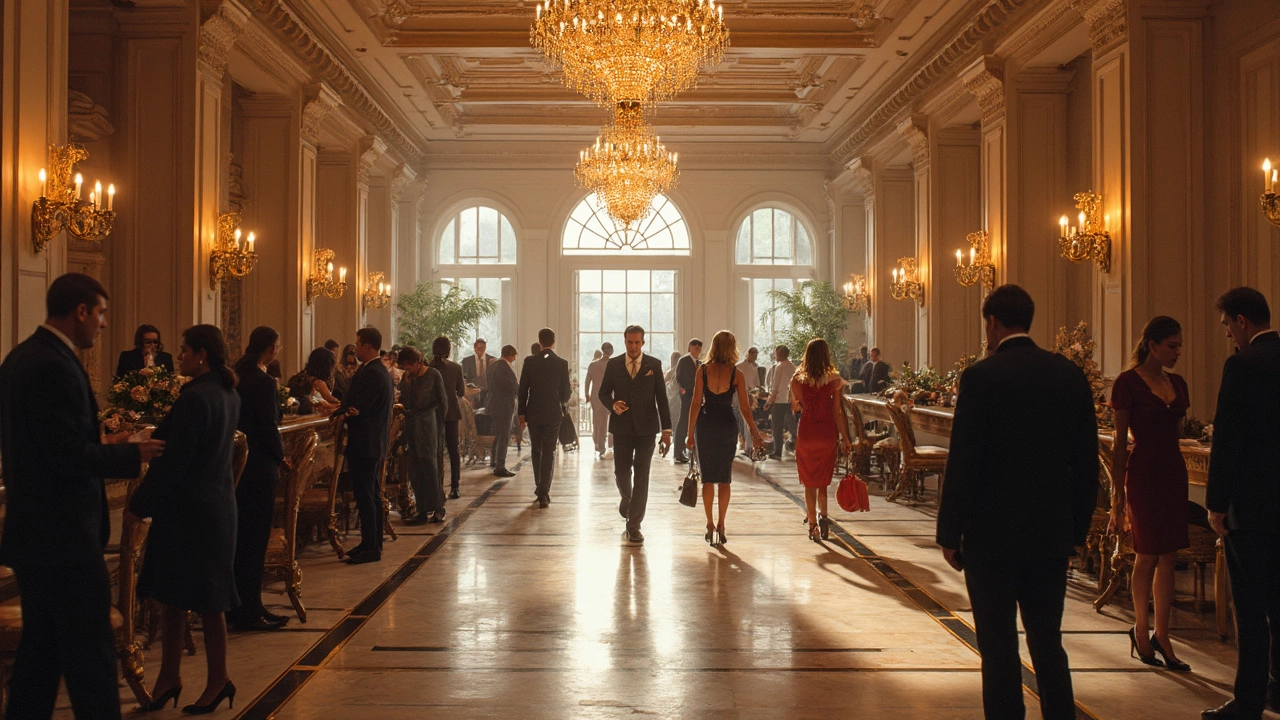Tipping Culture in the UK: What, When, and How Much
If you’ve ever wondered whether to leave a tip in a British pub or a countryside B&B, you’re not alone. Tipping in the UK isn’t as formulaic as in the US, but there are still clear expectations that can save you from an awkward pause at the check.
First off, most restaurants include a service charge of 12.5% on the bill. When you see that line, you don’t need to add anything further unless the service was truly exceptional. If no service charge appears, a 10% tip is standard, but you can round up to the nearest pound for simplicity.
Where Tips Matter Most
Hotels and B&B hosts appreciate a small thank‑you for housekeeping or concierge help. Five to ten pounds per night is a good rule of thumb, especially if the staff go out of their way. For taxis, rounding up to the nearest whole pound works fine – you don’t need to calculate a percentage.
Bars and pubs are a bit different. In most pubs, you’re not expected to tip at all. If you’re at a cocktail bar with a dedicated bartender, leaving a pound or two for great drinks is a nice gesture, but not required.
Special Cases and Common Mistakes
Some high‑end restaurants still add a service charge, but they may also leave a line for “gratuity”. Ignoring this line won’t offend anyone, but adding a few extra pounds shows appreciation for standout service. Conversely, never tip at a fast‑food chain or self‑service café – it’s seen as unnecessary.
Another gotcha: holiday rentals listed on sites like Welcoming Yards Retreat often have a cleaning fee built into the price. That fee isn’t a tip, so there’s no need to add extra unless the host provides personal service during your stay.
To keep things smooth, always check the bill for a service charge before reaching for your wallet. If you’re still unsure, a quick “Is a tip expected?” to your server never hurts and shows you care about the custom.
Bottom line: the UK tipping culture is about common sense and reading the situation. When in doubt, a modest tip for good service goes a long way, but you won’t be judged for skipping it in places where it isn’t expected.
